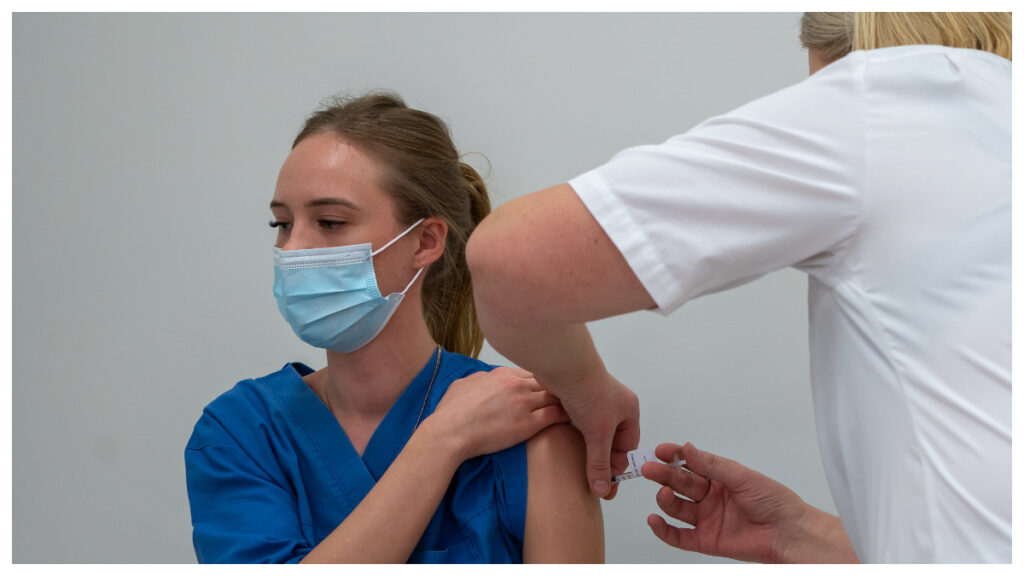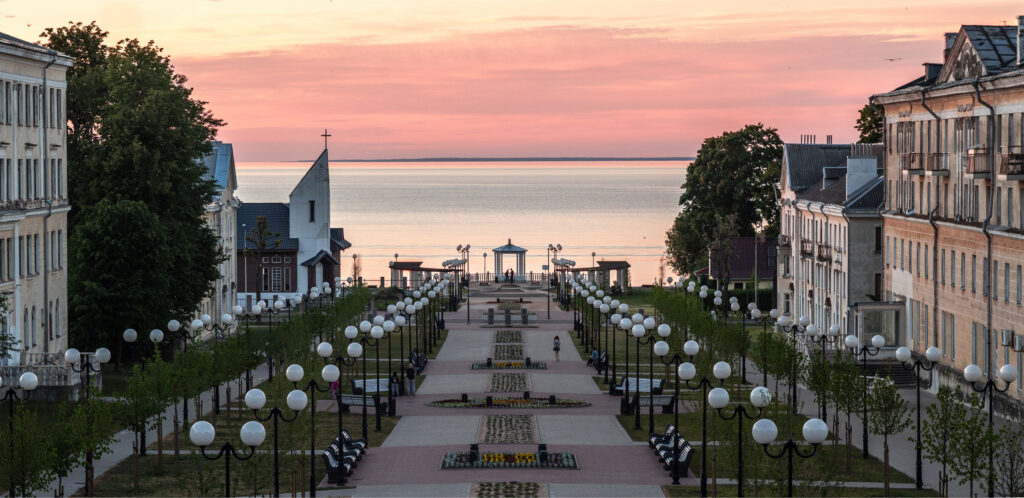In the week of 5 July, people arriving in Estonia from three European countries need to self-isolate to curb the spread of the novel coronavirus and its strains.
A ten-day self-isolation requirement applies on entering Estonia from a country in the European Union, the European Economic Area and the Schengen area with an infection rate above 150 per 100,000 inhabitants in the past 14 days.
From 5 to 11 July, the self-isolation requirement applies to people arriving from Cyprus, Portugal and the United Kingdom.
The self-isolation requirement does not apply to people arriving from a country with an infection rate below 150 per 100,000 inhabitants in the past 14 days.
In the week of 5 July, these countries are Andorra, Austria, Belgium, Bulgaria, Croatia, the Czech Republic, Denmark, Finland, France, Greece, Germany, Hungary, Iceland, Ireland, Italy, Latvia, Lithuania, Liechtenstein, Luxembourg, Malta, Monaco, the Netherlands, Norway, Poland, Romania, San Marino, Slovakia, Slovenia, Spain, Sweden and Switzerland.
It is also possible to travel to Estonia from Albania, Armenia, Australia, Azerbaijan, Bosnia and Herzegovina, Brunei, Canada, Hong Kong, Israel, Japan, Jordan, Lebanon, Kosovo, Macau, Moldova, Montenegro, Northern Macedonia, New Zealand, Qatar, Rwanda, Saudi Arabia, Serbia, Singapore, South Korea, Thailand, Taiwan and the United States.
Vaccinations are now valid for a year
A 10-day self-isolation is mandatory for people arriving from countries with an infection rate above 75 people per 100,000 inhabitants in the past 14 days. In the period between 5-11 July, the self-isolation requirement does not apply upon arrival in any of these countries.
When arriving in Estonia from any other country, the 10-day self-isolation requirement applies to those who are allowed to enter Estonia. The self-isolation period can be shortened by two tests.

The self-isolation and testing requirements are not mandatory for people who have undergone a COVID-19 vaccination programme (ie they’ve gotten both shots of either Pfizer, Moderna or AstraZeneca vaccine and two weeks have passed since the second dose; or they’ve gotten the single-shot Johnson & Johnson vaccine and two weeks have passed since) within the past year. This applies to people arriving from anywhere in the world.
Also, people who have suffered from the novel coronavirus and no more than a year has passed since they have been declared cured, don’t need to test or self-isolate.
The Estonian foreign ministry is asking all international travellers to check the border crossing conditions of both the destination and transit country and to assess whether travelling is necessary. Countries may impose measures to prevent the spread of new strains of the virus at a short notice.
Cover: The seafront in Sillamäe, Estonia. Photo by Tauri Taal.

